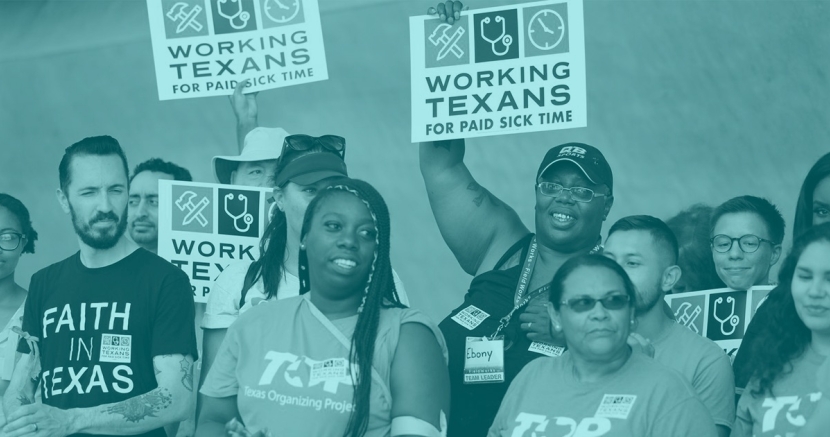When we get to the other side of the coronavirus pandemic, new rules must prevail.
We need to manufacture strategic items domestically in sufficient volumes for emergencies. When the chips are down — and COVID-19 has brought them way down — the cost of seeking out the cheapest road is, for the umpteenth time, intolerable.
This crisis has taught us many things about the way we live and what is important. One of the most emphatic lessons: the critical roles that all frontline workers are playing.
We are noticing more than ever the importance of grocery workers and janitors. Health care workers and first responders are doing amazing things, and now we can see more clearly how the lack of safety protections and investment in public infrastructure makes their jobs so much more difficult and unsafe.
Workers of virtually every stripe: pharmacy workers, sanitation workers, truck drivers, postal employees, delivery workers, farmworkers, the many people who build, repair and make things, and others, are critical to help get us through this crisis.
In a very real way, we now see that worker health and safety IS public health and safety.
Similarly, the economic well-being of working families is central to public economic health and well being. In that light, it is crystal clear that we need a new look at state and local policies that leave Texans vulnerable to danger.
The state’s refusal to expand paid sick leave to all working people has been one of the central failures in this crisis. Last week’s federal court order halting a Dallas paid sick leave ordinance that was supposed to take effect a day later deprived tens of thousands of workers of a basic benefit they had anticipated for the better part of a year.
We see paid sick leave as more than an economic policy fight, though that’s a good place to start. No worker should have to choose between staying home to recover from illness or take care of a loved one, and earning enough to pay the bills.
Our state leadership and judiciary have arrayed against requiring employers to provide paid sick leave or do much of anything else for sick, injured or healthy workers. We believe they are wrong on both policy and law, but the coronavirus has highlighted another crucial aspect of paid sick leave.
No customer should have to choose between getting a needed product or service and contracting an illness because a working person lacks access to paid sick leave.
Someone who has a contagious illness should stay home as a matter of public policy. Encouraging sick people to drag their bodies to work puts all of us at risk. As we are seeing, the absence of paid sick leave can be a matter of life and death.
Paid sick leave benefits employers and employees alike. The Centers for Disease Control published a paper a while back that found working people with access to paid sick leave are 28% less likely to be injured on the job, with high-risk occupations benefiting even more from the policy. Makes sense: Sick workers are less alert.
On average, according to a March 2020 paper by the National Bureau of Economic Research, working people in states that require paid sick leave take off two days more per year than working people in states like Texas that don’t have the policy. That costs employers an estimated 20 cents an hour per employee, with the financial benefits of a healthier workforce subtracting from that number.
The limited emergency sick leave in the federal relief bill that was signed into law last week needs to apply to every worker and become permanent. Surveys have consistently suggested that as many as three-quarters of Americans would experience difficulty paying bills if they miss even one paycheck.
If our state doesn’t take the worry out of staying home by ensuring paid sick leave, workers will be forced to stay home as the virus spreads.
Working people who lack paid sick leave are in many cases the very ones serving us heroically in the coronavirus pandemic. We need new rules to honor the risks they are taking and the risks we will all take again when the stay-at-home orders end.
_____
Rick Levy is President of the Texas AFL-CIO, a state labor federation consisting of approximately 240,000 affiliated union members who advocate for working families in Texas.
DONATE
Your donation supports our media and helps us keep it free of ads and paywalls.









